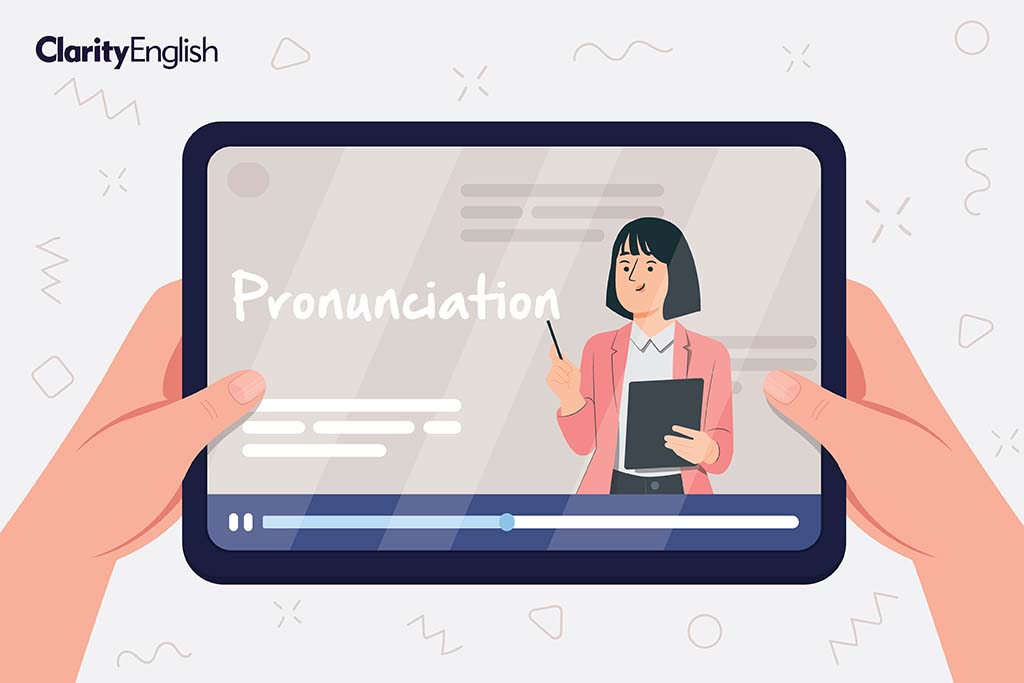 |
Peter Waters As Manager of Applied Learning from 2012-17, Peter led the Independent Learning Centres in providing services that enhanced the teaching and learning objectives of the Higher Colleges of Technology in the UAE. Higher Colleges of Technology HCT is one of the largest institutions of higher learning in the UAE. During the 2016–17 academic year, there were 14,575 female and 8,933 male students enrolled at their 17 campuses. |
AS: Technology in education is much more embedded in the Gulf than elsewhere. How do you account for this?
PW: Technology in education (as with technology in other government departments here) is perceived as an indication of the country’s advancement in the world and therefore attracts extensive government funding and support.
AS: Is English (as a subject) leading the way with technology? From conferences, you could get the impression that it is expat teachers who are driving it. Is technology prioritised in teacher training for local teachers?
PW: I’m not sure if English is leading the way with technology but it’s certainly a major player. However, it’s actually the government that’s driving many of the initiatives. Of course, they are reliant on skilled expat educators to carry out the work, who are, in turn, delighted to work in well-funded government institutions. There are unlimited opportunities here for teachers to initiate ICT projects through regular incentives such as awards and competitions. Surprisingly, ICT in teacher training for local teachers here isn’t as emphasised as you might expect.
AS: Education is traditionally conservative, but institutions in the Gulf seem much more open to radical change. Is this good for students and teachers?
PW: Most definitely! Having teachers and students use cutting edge technology is beneficial to everyone. The iPad switch over is a great example of this. It was implemented over just a few months and involved the three biggest federal, post-16 colleges and universities in the country. As a result, our teachers are now some of the best exponents of technology in the world.
HCT’s Great iPad Switchover
In April 2012 HCT confirmed that they would shift to the exclusive use of iPads in Sept 2012. All computers in classrooms, libraries and resource centres were to be removed. Textbooks were banned. There would be no printers in classrooms. At the launch, the position softened a little, and resource centres were allowed to use computers; but there were still no textbooks or computers in class — only iPads. Reactions were overwhelmingly positive. It was felt that the initiative rejuvenated teaching and was a great success for both teachers and students. (However, the iPad project was discontinued last month when HCT announced it was giving up iPads and reverting back to computers.)
AS: Has technology had an impact on teachers’ ability to motivate students?
PW: For sure, these days most educational apps are designed to entertain as well as educate and often include elements such as gaming and leaderboards. These elements have a major influence in motivating our students. Additionally the introduction of mobile devices such as the iPad into the classroom – and the fact that the battery can last a whole day on a single charge has been influential to student motivation.
AS: The wider Arab world is notable for having a young population. Has the successes of technology in richer countries led them to reach out with technology-based educational initiatives to neighbouring countries, for example Egypt, which are less wealthy?
PW: There’s heavy competition amongst the Gulf countries to be the best in the region, so they tend to prefer to fund projects outside of the region, such as in Pakistan and Somalia rather than neighbouring Arab countries.
AS: Countries like the UAE have spent a huge amount of money on hardware and software. Do you feel that the money has been well spent?
PW: Overall yes, although it’s only recently that the government has seen any return on its investment. The Gulf countries are young compared to those in the west (e.g. the UAE is only 45 years old) and as a result have had to spend heavily on education and technology in order bridge that gap with their western counterparts.
AS: Does the use of technology make students feel they are learning in a completely different way from their parents? Does that have an impact on the support they get at home?
PW: It’s not just education but the entire way of life that’s different in many Gulf countries. Things have changed so much in a single generation that the majority of our students are far better educated than their parents, so support from home is limited and often comes from siblings rather than parents. Unfortunately, there’s insufficient adult education currently available here but hopefully this will change in the years to come.
AS: Looking at the students, unlike language centres in the UK or Australia, institutions in the UAE are very monocultural – yet the content of online resources tends to be multicultural. Does this pose problems (eg difficulties in relating to the topics) or opportunities (a window to the world)?
PW: Ten years ago cultural differences with western content was a major issue and we regularly rejected publishers’ materials due to inappropriate content. However, today that’s no longer the case. With two major national airlines serving the country (Emirates and Etihad), the UAE is far more cosmopolitan, tolerant, and open than it once was, and its citizens are more travelled and worldly.
AS: In the Gulf, boys and girls are segregated to a much greater extent than elsewhere. Does this make differences in patterns of behaviour and educational outcomes more obvious? If so, could you describe them?
PW: Although we still maintain separate male and female colleges, coeducation has made inroads here, particularly in subjects such as engineering, aviation and health science, where expensive facilities and specialist teachers are shared across colleges. In other subjects, single sex (or segregated) education follows western norms with females outperforming their male counterparts. In my own institution, we have graduated twice as many females as males.
AS: Could you describe a particularly interesting use of technology you have observed in the classroom (or for homework) that has stuck in your mind, and that might be useful for other teachers to try out?
PW: The introduction of the iPad was a real game changer for us in terms of 100% classroom technology adoption. I greatly admire our teachers’ relentless ability to find, experiment with, introduce and combine multiple apps (fondly known as ‘app smashing’) to build and create content. Another observation is the quality of materials produced by our teachers in iBooks Author, which is right up there with professional publishers content. Check the links below!
Further reading:
Welcome to Effective iPad Methods
This page hosts a series of interviews with HCT faculty that have been effectively utilizing iPads in their classrooms for at least a year.
Extended reading iBooks
iBooks author Stephen Dersley has created a series of 15 fabulous iBooks that accompany the Pearson Level 3 Foundations English iPad materials.

